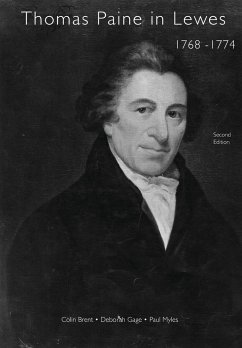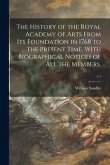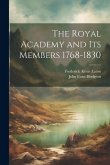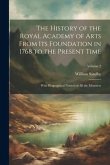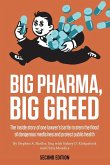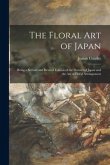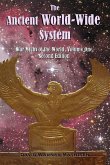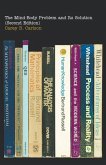Thomas Paine developed his political and economic thought in Lewes the County Town of East Sussex. He was selected from 2700 officers of excise to write the pamphlet The Case of the Officers of Excise. Plucked from obscurity Paine learnt the skills in Lewes to write Common Sense just after he left Lewes for the North American Colonies. This book shows Lewes as a dissenting, bustling independent town, a place where Paine could sit as a Juryman on the Court Leet and oversee the poor law. This is a collection of essays showing a general overview of Paine's life by Colin Brent. A detailed account of Paine's first pamphlet by Paul Myles and stories about General Gage by Deborah Gage. There are 40 coloured illustrations and photographs, original documents and stunning views of Lewes painted in 1769 and 1768 by Dominic Serres. An essay by Susan Morris describes the paintings and the provenance with a history of Serres as well. Dr Seth Gopin, the art historian from New York writes the Preface, he was involved in the research and steadied Paul Myles through the research period and beyond. Both men, Thomas Pain and Thomas Gage both resided ,in part, just 5 miles away from each other in Lewes, Paine in Bull House in the High Street and Thomas Gage at the family seat at Firle Place in Glynde, just outside Lewes. Both were made members of the American Philosophical Society and remained so for the rest of their lives. That these two men were so highly instrumental on the opposite sides of the War of Independence, and were so closely linked to Lewes is astonishing. Firle Place has on display General Gage's Document Chest and his Freedom Document from the city of New York, Paine is celebrated in the town of Lewes. Not before has the link been properly made between these two men from either side of the North American Conflict and either side of the class divide.

